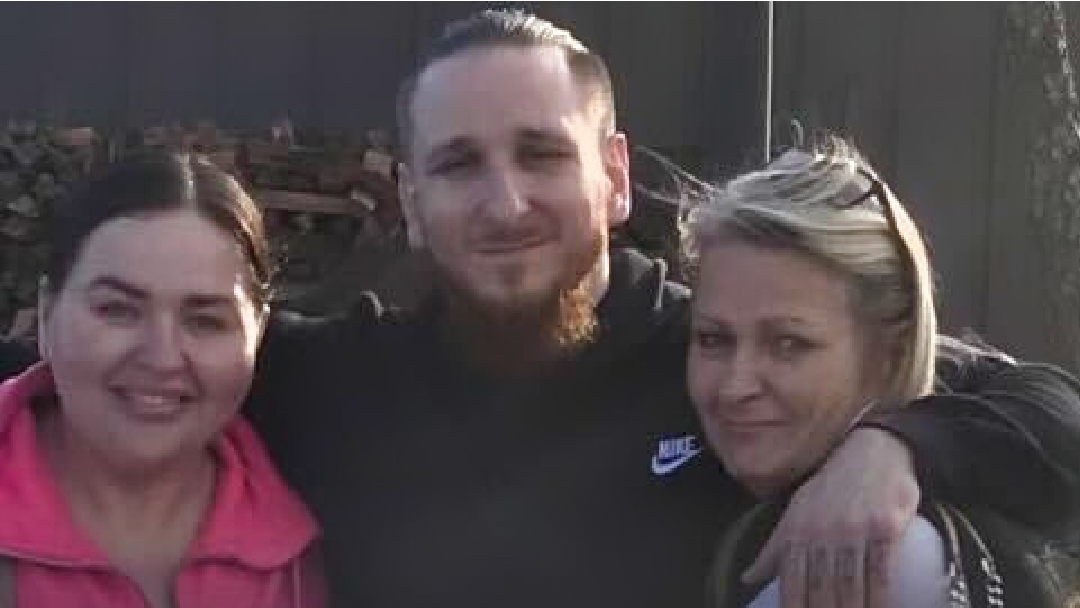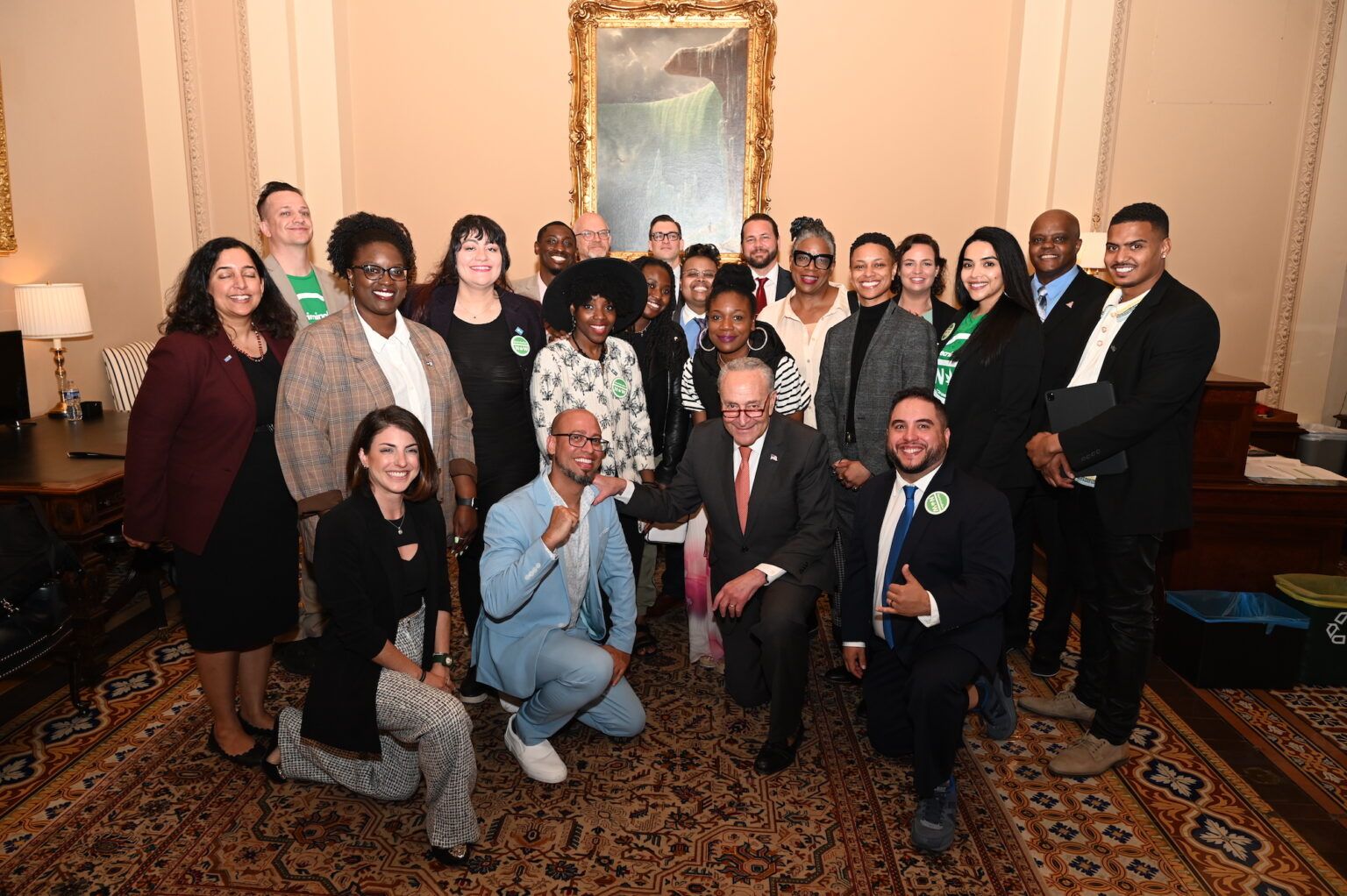Massachusetts Gov. Maura Healey Takes Biden's Lead to Turn Pardons to Progress
We applaud Governor Healey for her leadership in advancing cannabis criminal justice by pardoning people with cannabis possession convictions. No one in the state should still suffer from the collateral consequences of a record as Massachusetts has sold over $7 billion dollars worth of cannabis.
These are the types of actions Last Prisoner Project has been calling on governors to take since we launched our Pardons to Progress campaign following President Biden's initial pardon proclamation.
Having a leader like. Gov. Healey is so important to implementing clemency programs nationwide, as she provides an example of what it looks like to champion these reforms. We hope to build off her momentum to encourage others to join our call to expand the scope of relief past just possession, as no one should continue to be criminalized for an activity from which others can freely profit.
Last Prisoner Project has advocated for further clemency action since President Biden's initial proclamation. While Gov. Healey's predicts her marijuana pardons will be the largest in the nation, she is not the first. Since President Biden's October 2022 announcement, governors across the U.S. have started to pardon more cannabis records. In Oregon, Gov. Kate Brown pardoned over 45,000 convictions before leaving office, Gov. Tony Evers in Wisconsin has pardoned 1,100 cannabis records, and Pennsylvania has pardoned over 600 records with its programs.
These pardon efforts and efforts to expunge cannabis records via legislation have been tracked in our recent State of Cannabis Justice Report. As of 2023, 24 states have enacted adult-use cannabis legalization, 24 have enacted cannabis-specific record clearance laws, and 10 have enacted cannabis-specific resentencing laws. Importantly, these criminal justice policies have become commonplace in recent legislation. Massachusetts received a grade of "C". This pardon program will definitely improve that grade and is a step towards full cannabis justice.
We must continue to push for President Biden and state governors to use their full clemency powers to release and clear the records of everyone harmed by cannabis prohibition.



The Last Prisoner Project. All rights reserved.
Last Prisoner Project is a 501(c)(3) tax-exempt organization with EIN 83-4502829. Mailing address: 1312 17th St #640 Denver, CO 80202. Our governing documents and conflicts of interest policy can be found here. Our Privacy Policy can be found here.
Website built on KUSHY



